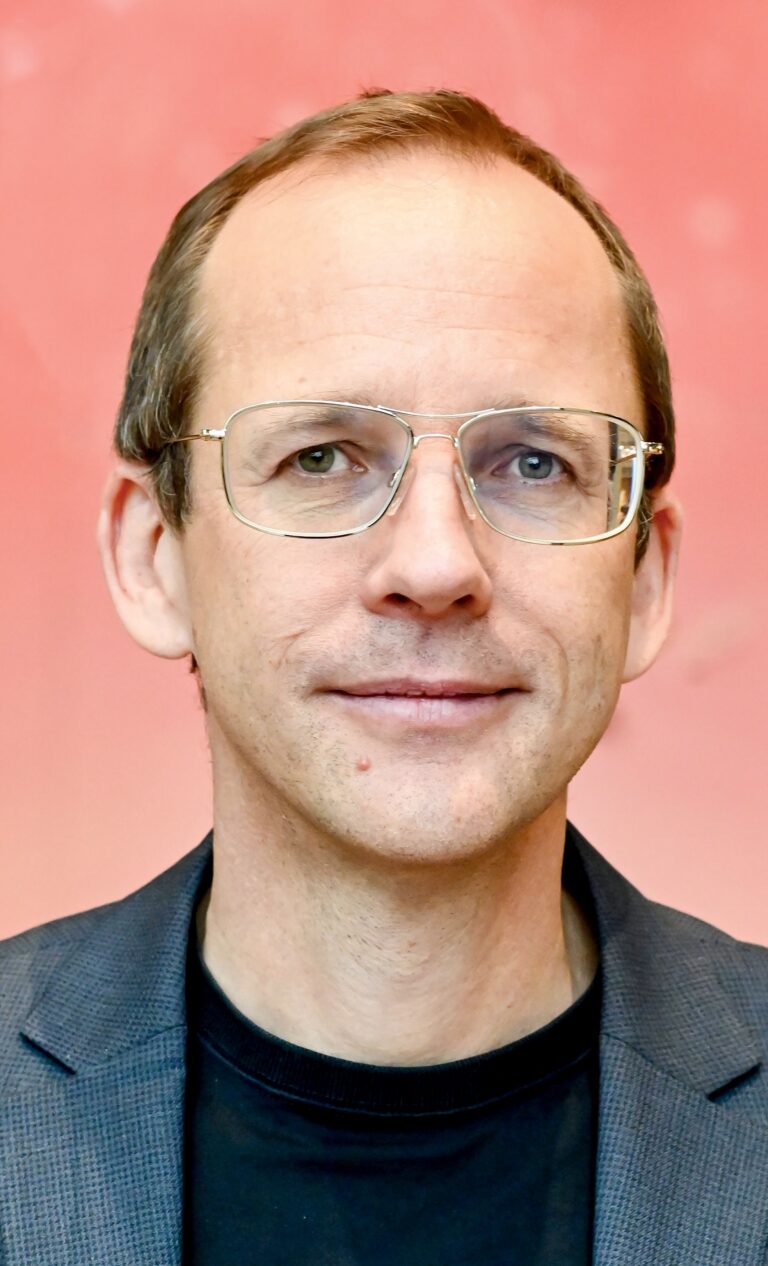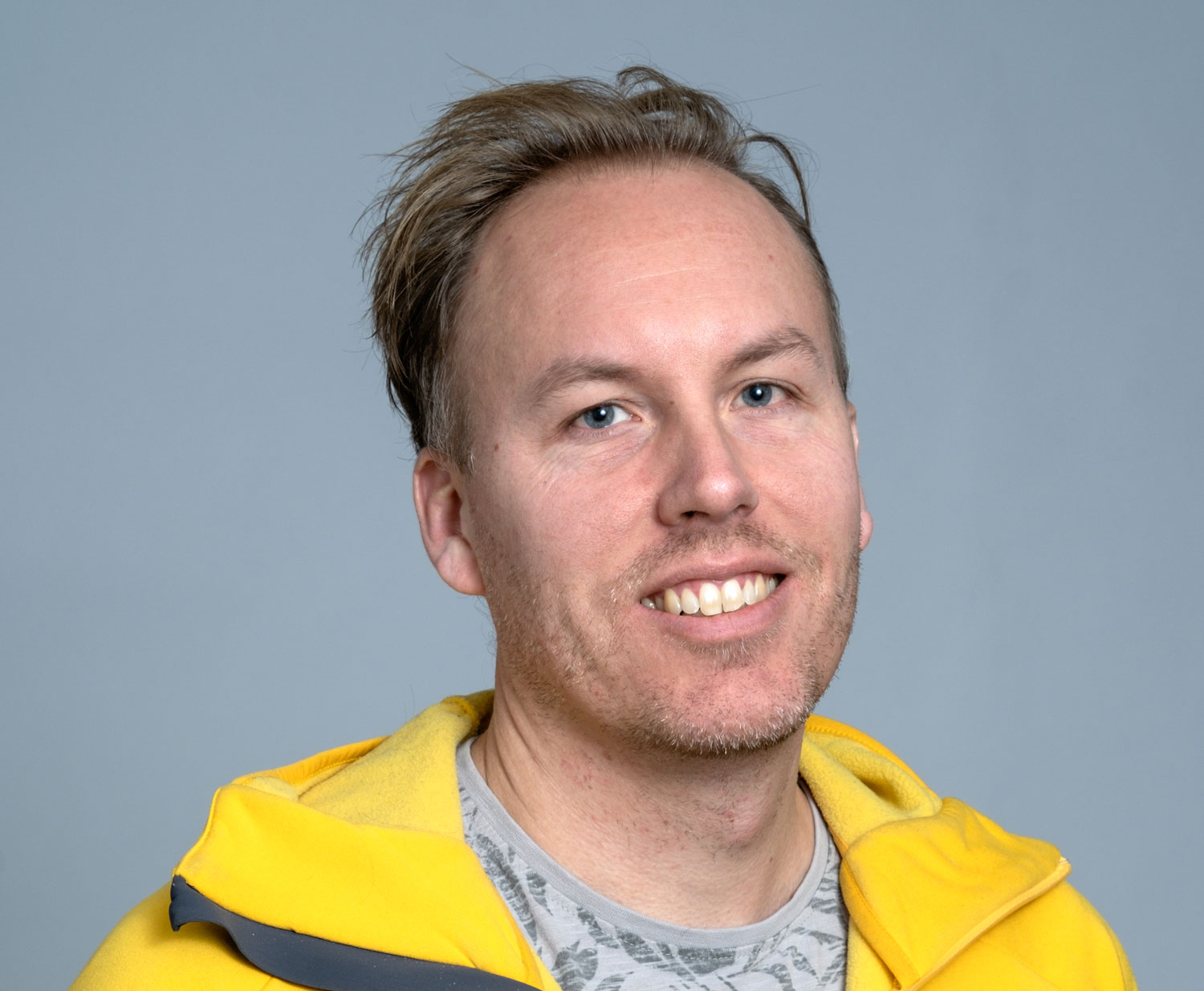Finding a safe and simple way to diagnose Alzheimer’s disease in primary healthcare has long been a dream. This year’s recipient of the Torsten Söderberg Academy Professorship in Medicine, Oskar Hansson, Professor of Neurology at Lund University, is well on the way to making this reality.

There was huge public interest when, a few years ago, Oskar Hansson’s research group at Lund University announced the discovery of blood-based biomarkers that could be used to diagnose Alzheimer’s disease. We now know that a simple blood test can discover the disease before the patient has shown any symptoms. However, much remains to be done before the method can be used on a large scale in primary healthcare. This is where Oskar Hansson’s Torsten Söderberg Academy Professorship in Medicine and the grant of ten million Swedish kronor over a period of five years will be of great benefit.
“This type of stable, long-term funding is incredibly important for planning our research. It gives us new opportunities to really push this project forward and to conduct bolder research. It is also a huge honour, both personally and for my entire research team in Lund,” he says.
New pharmaceuticals have been developed
An ageing population means that dementia diseases, including Alzheimer’s, are a huge global problem. The forecast is that the number of people affected by dementia, with Alzheimer’s as the most common cause, will triple by 2050. However, thanks to new pharmaceuticals that can actually reduce the worsening of the disease, there is a positive trend.
“If we look at the loss of good life quality in years, then dementia diseases are the most rapidly increasing cause. And, if we look simply at the economics, these diseases cost society a huge amount because the elderly people who are affected cannot look after themselves in the long run,” says Oskar Hansson.
Twenty years ago, when he started working in this field, methods were based on deciding who had the disease purely by their symptoms.
“When this was compared with what the brain looked like postmortem, the accuracy of this type of diagnosis was fairly poor. I felt that I’d like to be part of improving this,” he says.
Initially, Oskar Hansson and his research group worked on developing a diagnosis method based on using a sample of cerebrospinal fluid. It is very accurate, but one problem is that it needs to be performed at specialist clinics at hospitals.
More sensitive methods
Five years ago, more sensitive techniques were developed, making it possible to examine blood for phosphorylated tau and amyloid beta, biomarkers which show that someone has Alzheimer’s disease.
The first step is starting to use the method in specialist healthcare. In parallel with this, Oskar Hansson’s research group is conducting a unique study on the viability of conducting blood tests in primary healthcare at 27 health centres in Skåne, Sweden.
“The results so far are amazing, with an accuracy exceeding 90 per cent. We’re convinced that this could bring about a revolution for the diagnosis of Alzheimer’s in primary healthcare.”
Footnote: Today Nature Medicine publishes a study by Oskar Hansson and colleagues at Washington University School of Medicine which shows that a blood test for Alzheimer could be just as effective, or better, than tests used in clinics today based on cerebrospinal fluid.
FACTS/ Torsten Söderberg Academy Professorship in Medicine
The Academy Professorship promotes internationally leading medical research by allowing holders to devote themselves to full-time research at a Swedish medical faculty for five years. The Torsten Söderberg Foundation donates ten million kronor to each Academy Professorship. Five of these run in parallel. The appointments are considered and decided by the Royal Swedish Academy of Sciences using a peer review process.
About the Torsten Söderberg Foundation
The Torsten Söderberg Foundation promotes scientific research, primarily in the fields of medicine, economics and law,
Read more at www.torstensoderbergsstiftelse.se
Contact:
Oskar Hansson, Professor of Neurology, Lund University
oskar.hansson@med.lu.se
+46-72-226 77 45
Oskar Hansson, Lund University
Press Contact:
Eva Nevelius, Press Secretary at the Royal Swedish Academy of Sciences
eva.nevelius@kva.se
+46-70-878 67 63
